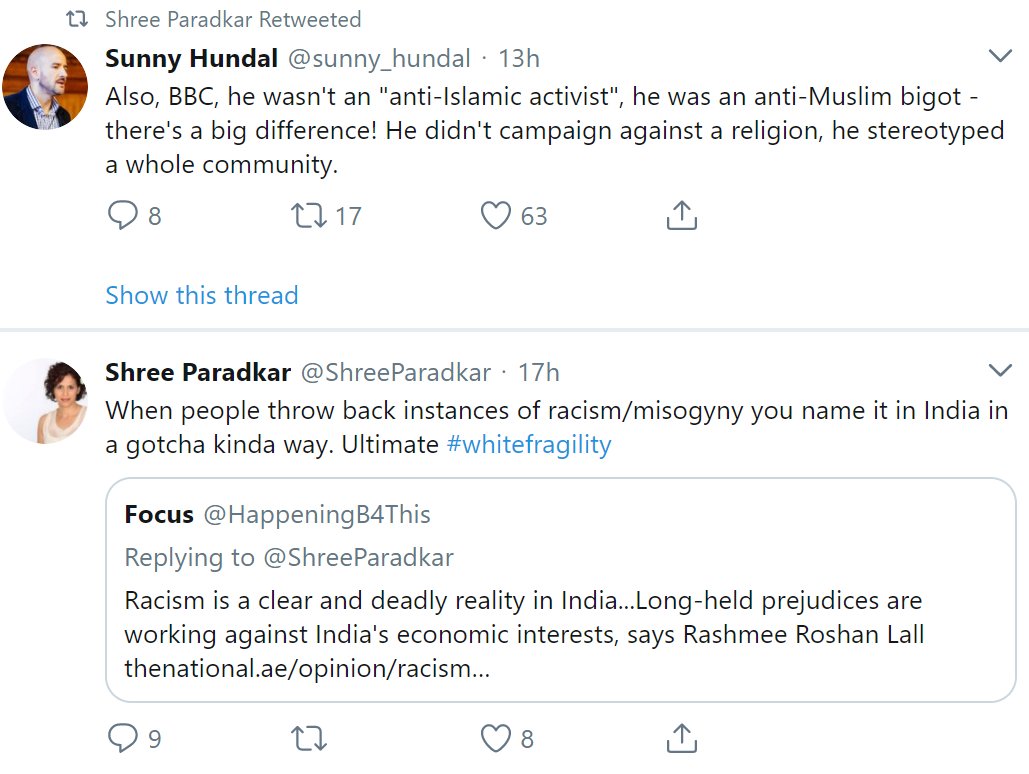Aggregation and Cluster-Formation that minimises average costs of running a business, getting market insight and acquiring customers..
Some of us spend half of that DAILY on power. That's the economy of scale obtainable from Aggregation.
Do you know how MUCH it would cost an individual company to get that kind of attention?
Being an isolated firm in the Nigerian space is risky.
You need to be part of a Herd to hunt and deal with predators
He can stay beside someone's shop and sell like he owns the place. A lot of them fail and bounce back this way.
The entrepreneur outside a cluster will die off if his business fails.
The cost of failure outside clusters is usually fatal.
Fleet St was a cluster for Media.
Wall St was a cluster for Financial Institutions.
Savile Row is a cluster for bespoke British fashion and is what Aba will evolve like
The average young Nigerian middle-class entrepreneur has education, relationships, lifestyle insight and some capital but they are crippled by their individualism.
They need to form clusters.
If you believe in the Cluster principle and have contributions, questions or suggestions to help Cluster-Formation in any sector, we'd like to hear from you #NaijaClusters
Clusters do better with institutional support.
The Aba Clothing and Footwear cluster is fighting for a share of that market and is getting some help from the Abia State Govt..
DRC, Madagascar and Cameroon and Ivory Coast alone having almost 140m people. Good numbers.
I think it will look like this when done..
A key difference is that the Nigerian factory will be partly owned by the Aba cluster which is great because this is about boosting entrepreneurship..
The Abia State Govt is working to replicate this here. I really hope it works. Okezie Ikpeazu has an understanding of the issues.
Huajian produces for brands like Guess, Ivanka Trump and Gucci. I do hope this works. #NaijaClusters






